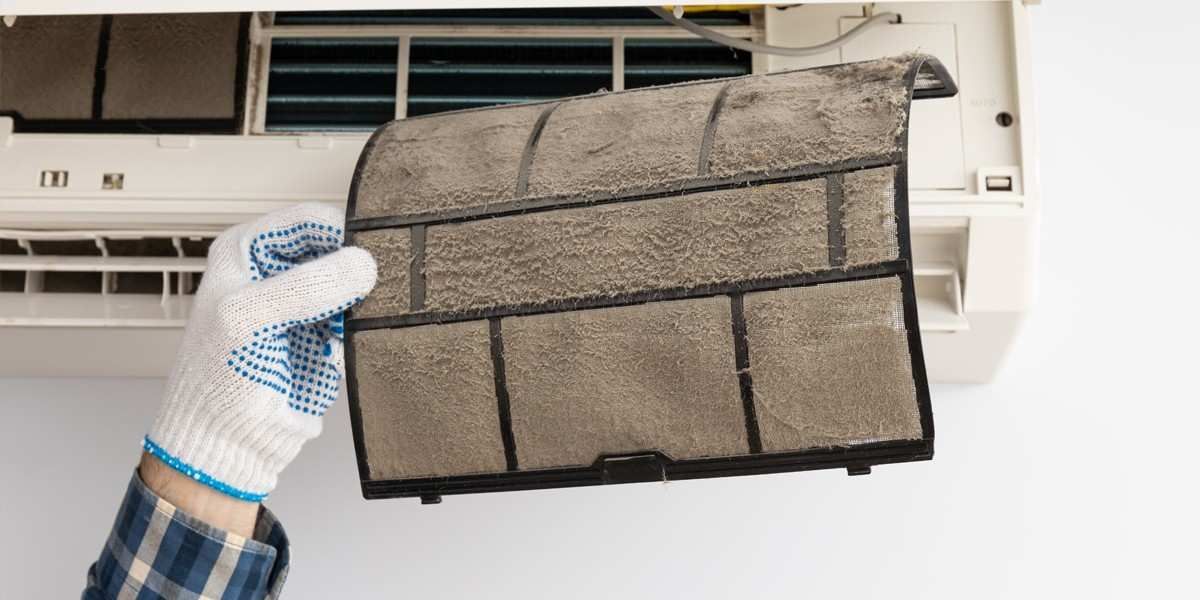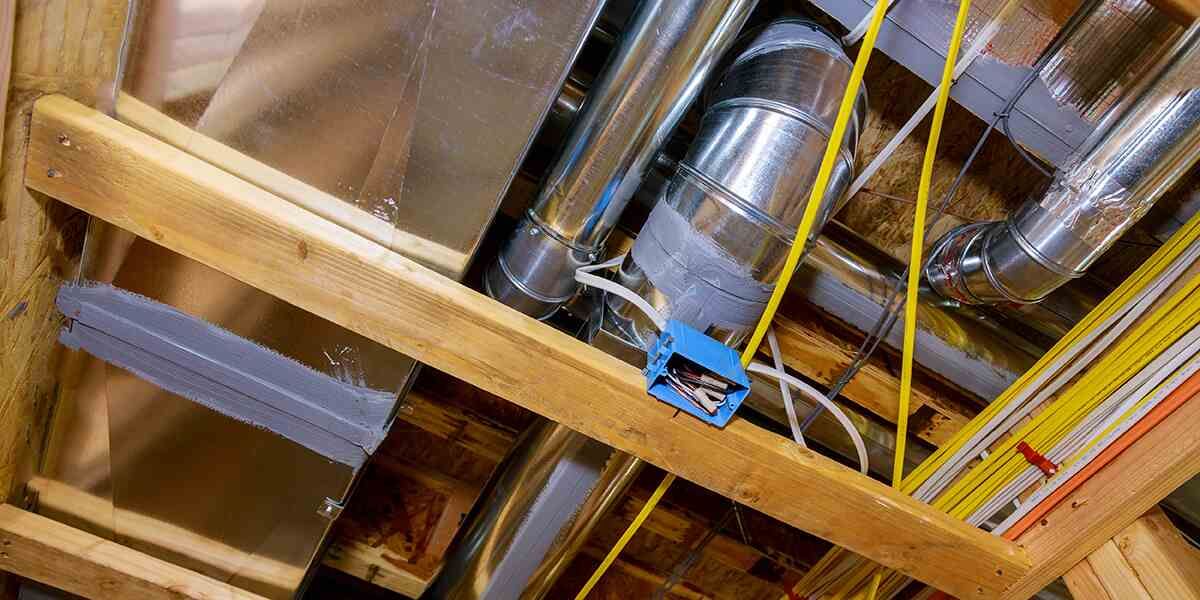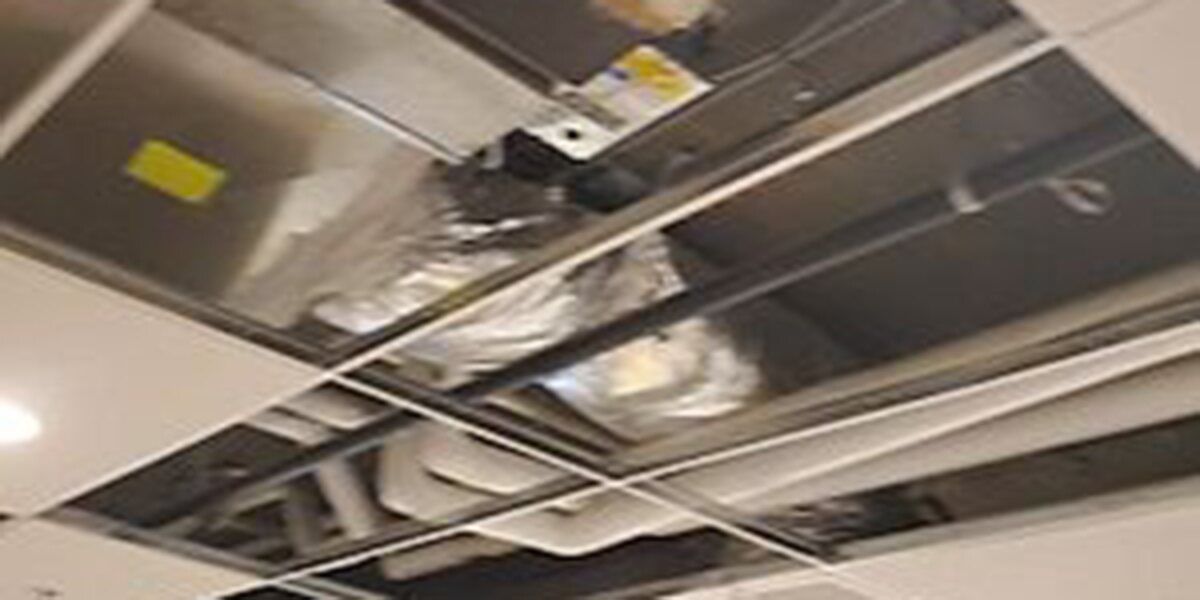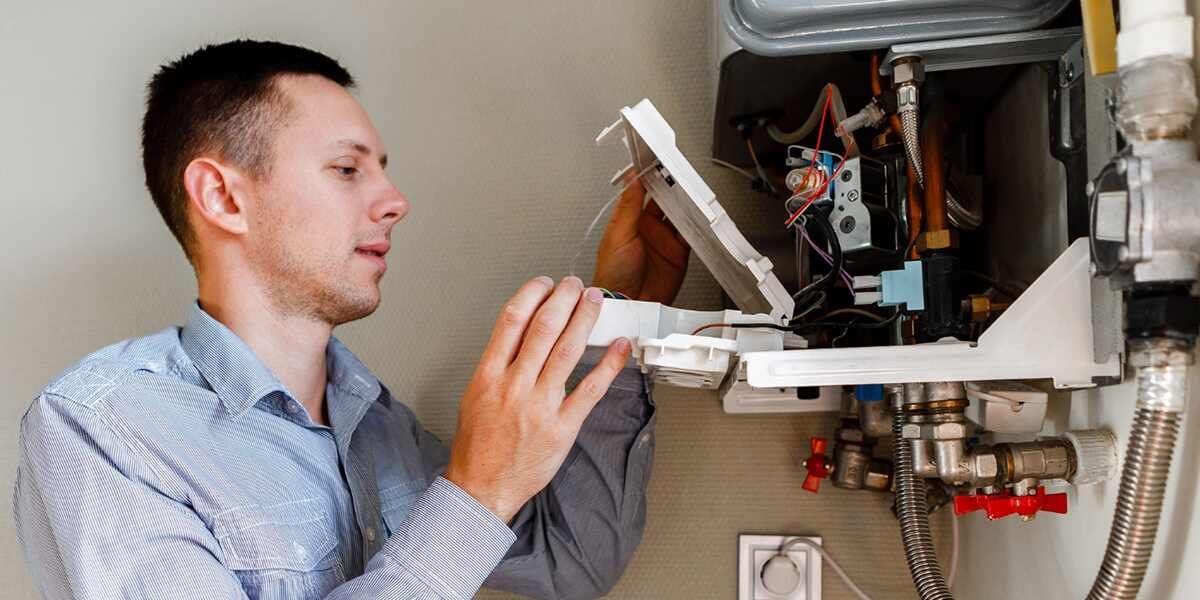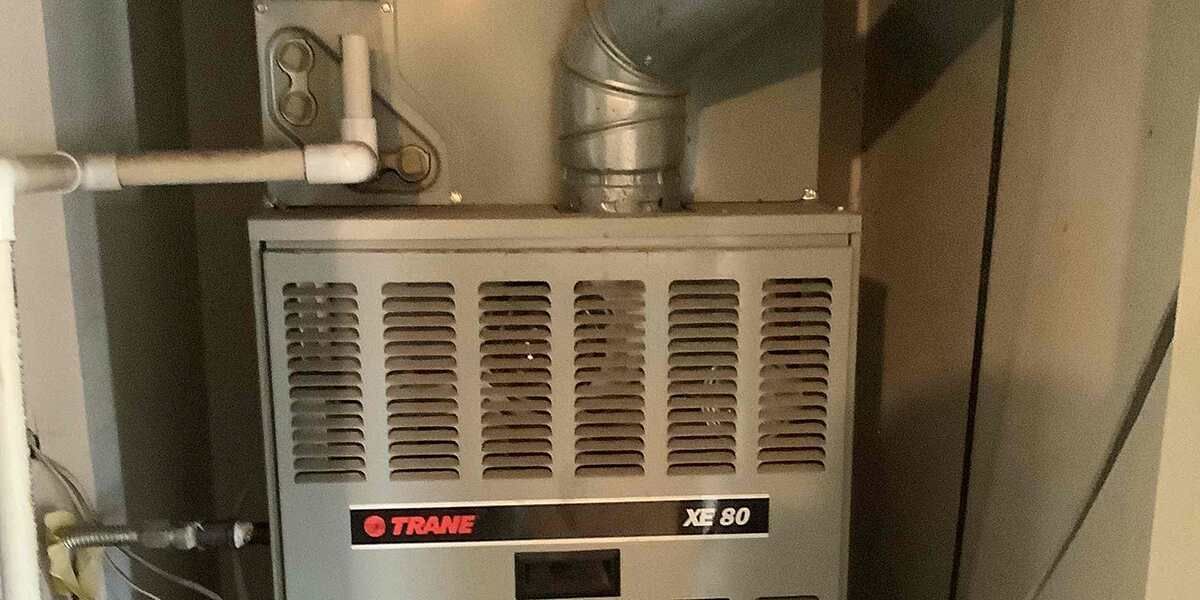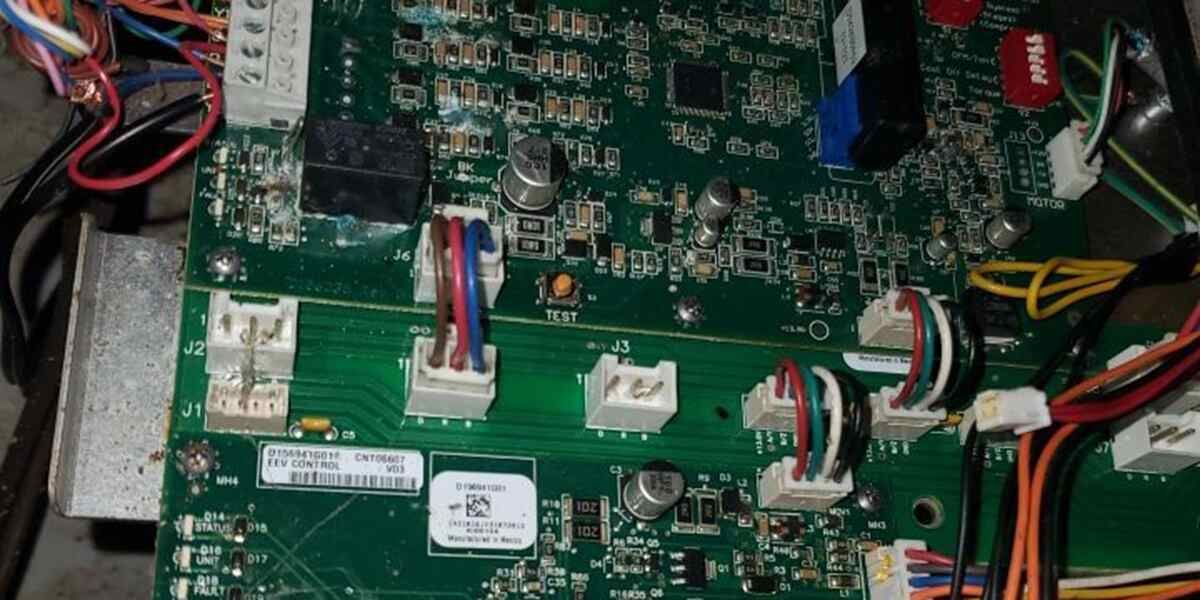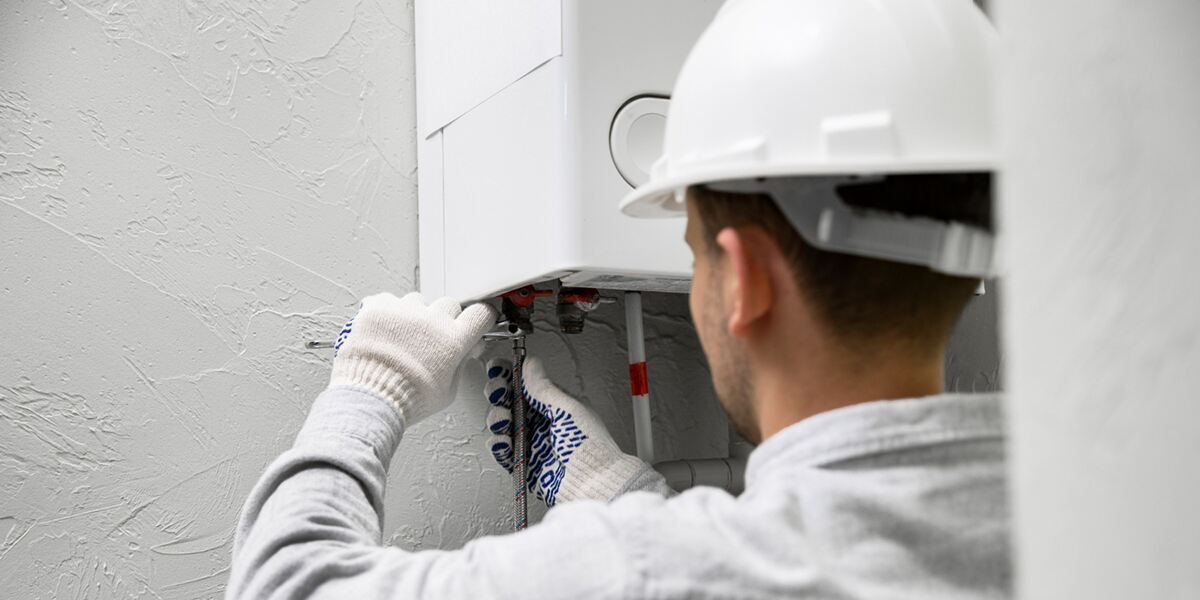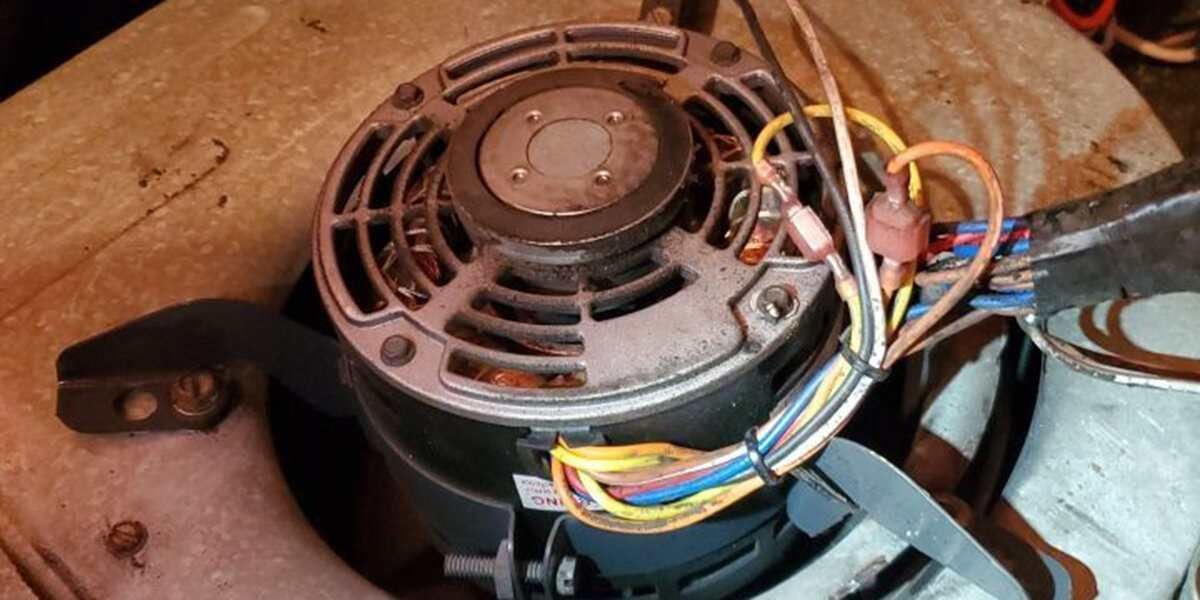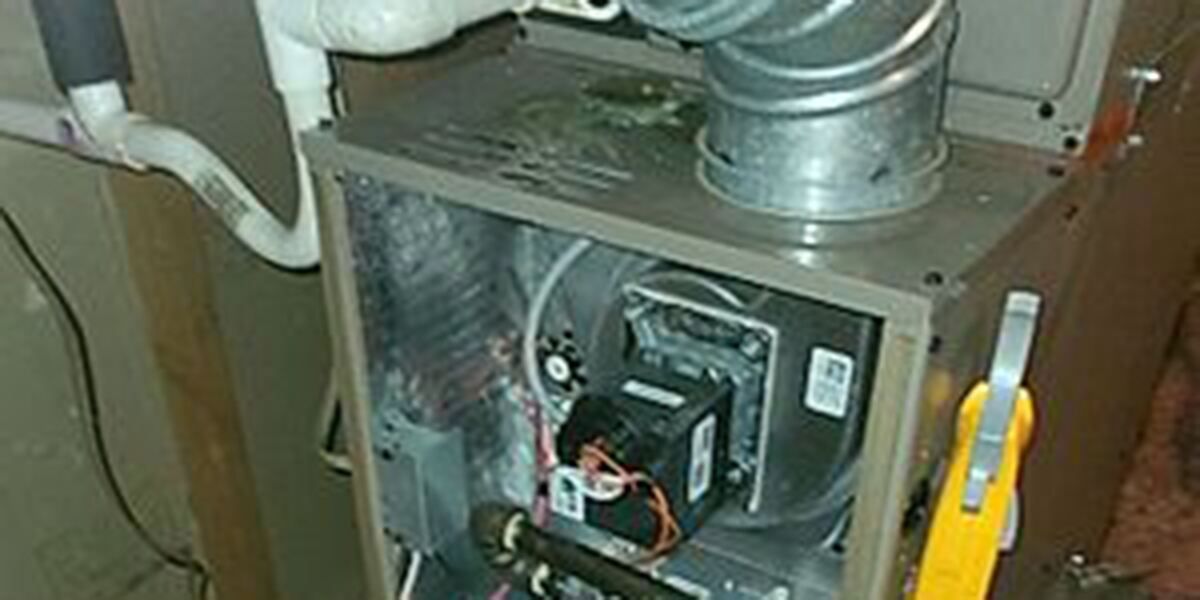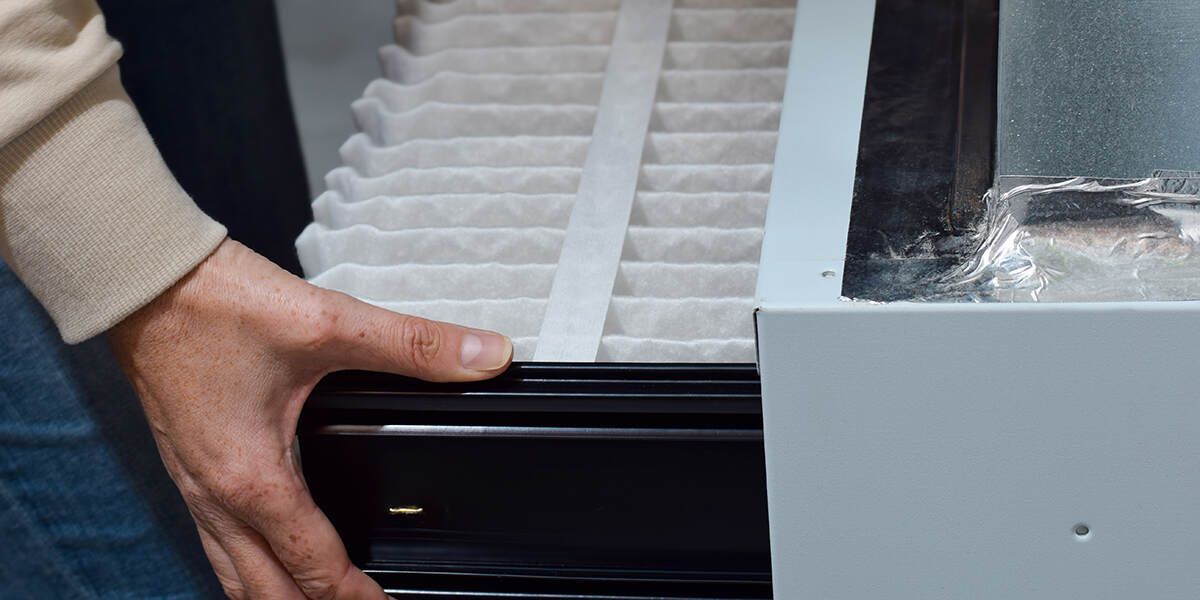How Does an HVAC System Work: A Brief Guide
Your HVAC system plays an important role in making sure you stay comfortable in any weather. Therefore, you need to know all you can about the system if you want to keep warm in the winter and cool in the summer.
By understanding your system, you can make the right choices when you need to install a new component or repair the existing unit. So, how does an HVAC system work? The premier HVAC company in Boiling Springs, Smooth Sailing Heating & Cooling, provides a brief guide in this article.
What Does HVAC Mean?
HVAC is an umbrella term that encompasses all the heating, ventilation, and air conditioning systems in your house. However, it also covers natural and mechanical ventilation and air quality systems in residential and commercial buildings.
These systems work together to maintain and control the temperature and indoor air quality in any space.
Different Types of HVAC Equipment
We’ll look at the different types of HVAC equipment, grouping them according to their function.
HVAC Equipment for Heating
Some examples of HVAC equipment for heating in a home include:
- Furnaces (including oil, geothermal, propane, electric, and natural gas)
- Heat pumps
- Electric radiant heating
- Boilers or hydronic heating system
- Direct vent heating systems
Natural gas furnaces are the most popular, but electric furnaces and heat pumps are growing in popularity, especially in places with mild winters, such as our local area.
HVAC Equipment for Ventilation
The ventilation systems are responsible for moving processed air throughout your home and back to the HVAC system. The ventilation systems typically include the following:
- Vents (in your ceiling, wall, and floor)
- Chimney flues
- Ductwork
- Ventilation shafts
The windows and doors in the home are also part of the system because they allow natural ventilation. HVAC experts may explore ways to maintain cross-flow from windows and doors to keep a space comfortable.
The ductwork transports conditioned air from the furnace or air conditioner to the different rooms across your home. Poor ductwork will cause uneven heating and cooling and may reduce the energy efficiency of your HVAC system.
The vents and chimney flues are there to filter away excess heat from the system’s furnace.
Keep in mind that all HVAC systems do not have the same combination of ventilation systems. For example, ductless HVAC systems can function without ductwork in place.
HVAC Equipment for Cooling
The air conditioner is the chief HVAC equipment for cooling a home. However, heat pumps can also reverse function in the summer months to deliver cool air into the connected spaces.
How Does an HVAC System Work?
An HVAC system generally works by drawing in cool air through the ventilation system and heating or cooling it before dispersing it through the home. The exact method of achieving the results will vary slightly, depending on the part of the system you’re looking at.
How a Heating System Works
A conventional heating system, such as a furnace, will heat the air by burning fuel or using electricity. The ventilation system then distributes the warm air throughout your home. A heat pump doesn’t need combustion because it doesn’t really generate hot air; it simply moves warm air from outside into the home via the indoor unit.
How a Ventilation System Works
The ventilation components in an HVAC system serve as the conduit to transport air across the home. They don’t have any mechanical systems, so the force of the furnace or air conditioner and gravity are responsible for moving the air.
However, that’s not all the ventilation systems are good for. You can design them to strip the air of contaminants before delivering it through vents or to reduce the moisture in the air by installing filters and dehumidification systems within them.
How a Cooling System Works
The air conditioner in your home absorbs heat from inside your home, taking it outside. The material responsible for the absorption is the refrigerant, and it can turn into a liquid or gas depending on the level of pressure from the air conditioner. It removes heat from the home by making the trip from the heat exchanger to the outdoor unit as the system functions.
Learn More About Your HVAC System
We hope this article on “How does an HVAC system work?” has cleared up the confusion you may have on this subject. If you’re still unsure about anything, our highly knowledgeable team is here to help!
Call the Smooth Sailing Heating & Cooling team in Boiling Springs, SC, today at (864) 804-6400 for further consultations on all HVAC topics, including those about the federal HVAC tax credit.

